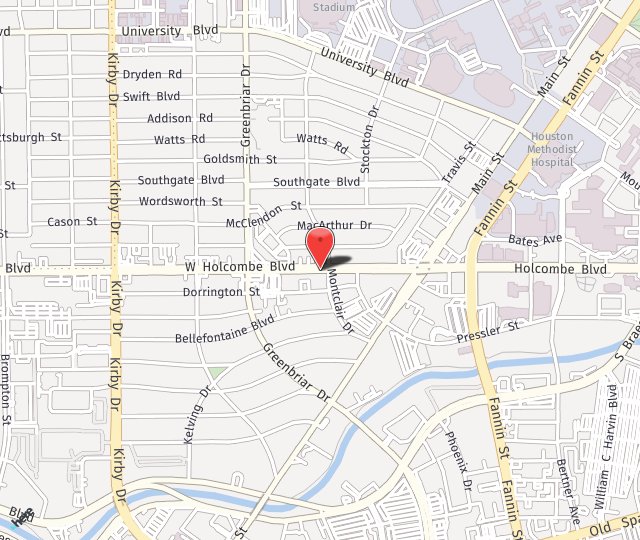Replacing the single tooth with a dental implant is often an excellent choice as opposed to doing a fixed bridge or wearing a flipper. There are quite a few advantages for patients to consider of a using single tooth dental implant as opposed to a fixed bridge:
- Prevents having to grind down adjacent teeth
- Much easier to keep clean
- Preserves bone where the missing tooth was
- Usually stronger than a bridge
With proper surgical planning and cosmetic planning, replacing a single tooth with an implant can yield excellent results. This is essential when placing implants in the esthetic zone or rather the front teeth. One needs to consider the smile line and preserving the gum tissue so that "black spaces" are not seen with the final results.
Immediate placement of a dental implant after a tooth extraction allows us to preserve the gum tissue contours and tissue height, which is critical for the cosmetic results. It is also very important to use the correct implant type and place the implant at the correct bone level.
Another advantage of this technique is the placement of an immediate temporary crown so the patient would not have to wear a "flipper" while the implant is healing. This is also another "art" of preserving the tissue architecture to make the final implant crown look natural.
After 90 days, the patient is ready for the long term porcelain crown. It is essential that a custom abutment, the piece that goes into the implant (see figure 3) be utilized. Stock abutments are all the same shape and size and do not help preserve the gum tissue properly. You may also note that this custom abutment is white and not metal. This allows for the use of an all-ceramic crown which benefits the patients in terms of aesthetics and making the new implant crown blend in with their natural teeth. Our office custom shades these ceramic crowns to further make the crown undetectable to the eye.
With proper planning of all aspects of the treatment, the use of a dental implant to replace a single tooth offers many advantages in terms of strength, cosmetics, longevity, and ease of cleaning these teeth. If you have any questions regarding Dr. Konig's implant dentistry services, please feel free to contact our office in the Houston area by calling 713-668-2289 today.
What Can I Eat After Getting My Dental Implant?
After receiving dental implants, it's important to allow the integration process to occur with as little interruption as possible. Once the implant has become encased in natural bone tissue, you can eat whatever you'd like. Just don't bite on hard objects like pen caps. While you're healing from your implant surgery, you'll want to take your diet in stages.
- For at least a few days after receiving your dental implant, eat liquids and very soft foods. To keep biting pressure off of your treated tooth, limit your diet to broth and creamy soup, mashed potatoes, ice cream or yogurt, applesauce, soothes, and other very soft or liquid foods.
- Around one week after surgery, add in new foods. When you begin adding in foods that require chewing, consider what you can eat that you don't have to bite. It's not time for a hamburger, it's time for foods like eggs, cooked vegetables, pasta, rice, and very soft bread.
- Close to the two-week mark after implant surgery, increase your options. Around two weeks after your procedure, your integration process should be well-enough along to begin chewing harder or chewier foods. Taking your time and listening to your body, add in cooked meats, raw vegetables, and denser bread. Continue taking care to avoid putting too much stress on the dental implant.
How Can I Make Sure I Heal Well After Dental Implant Surgery?
Your recovery after receiving an implant for a missing front tooth is an important step toward reclaiming your best smile and best life! While it's important to make mindful food choices at first, it's also important to make sure you're consuming the healthiest possible diet. Some additional suggestions for optimal recovery after your dental implant treatment include:
- Eat at regular intervals to maintain proper nutrition.
- Stay well hydrated.
- Avoid working out and strenuous activity for three to four days.
- Follow your post-op instructions to the letter.
- Avoid smoking and tobacco use.
How Long Will My Dental Implant Last at the Front of My Mouth?
Regardless of where a dental implant is placed in the mouth, we expect it to last for many years, if not indefinitely. There are a few factors that can influence how long your implant remains stable. These include conditions and habits that affect your general oral health, primarily your gum health. To maintain your dental implant as long as possible, brush your teeth every day using a soft-bristled toothbrush. Avoid putting too much pressure on your gums when you brush. Aggressive brushing can scratch and break down your gum tissue and lead to recession. It's also important to floss daily; not just around the dental implant but around every tooth. Too much oral bacteria leads to inflammation and infection, and those conditions can permeate into the deep tissue beneath your teeth, including the bone that stabilizes your implant.
If you have questions about how to take good care of your teeth and dental implant after the replacement of a front tooth, we're here to assist you! Contact our office to schedule an appointment to discuss your questions or concerns.

